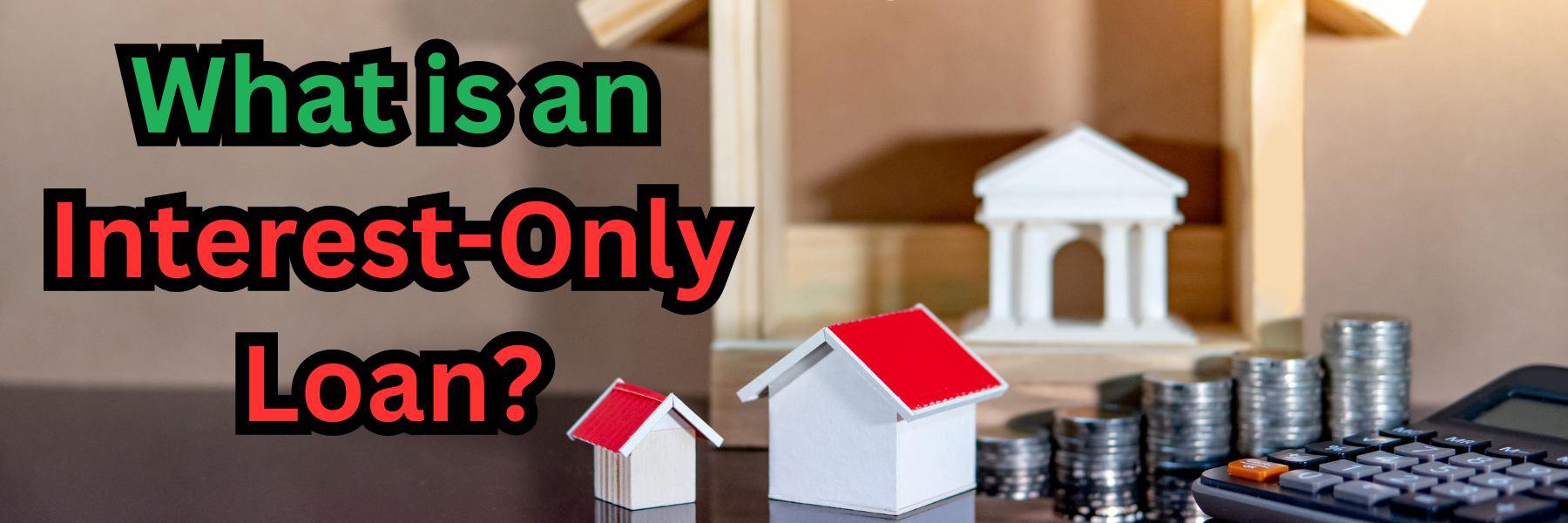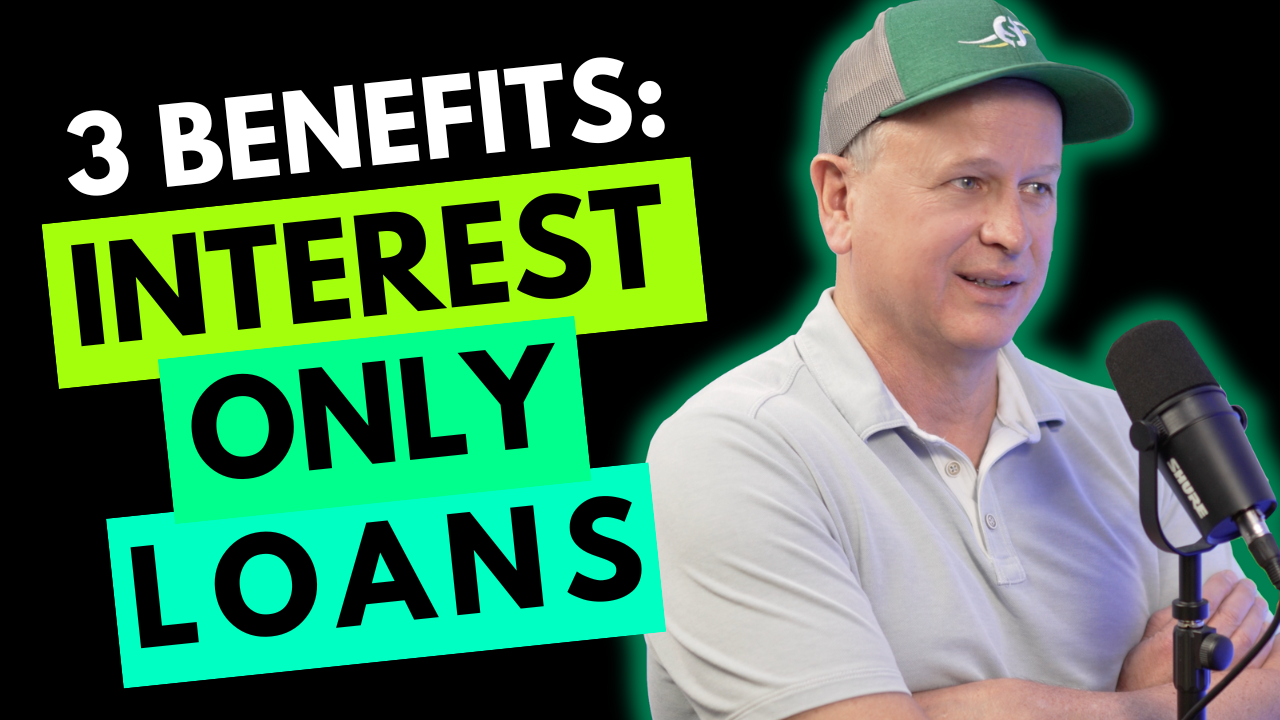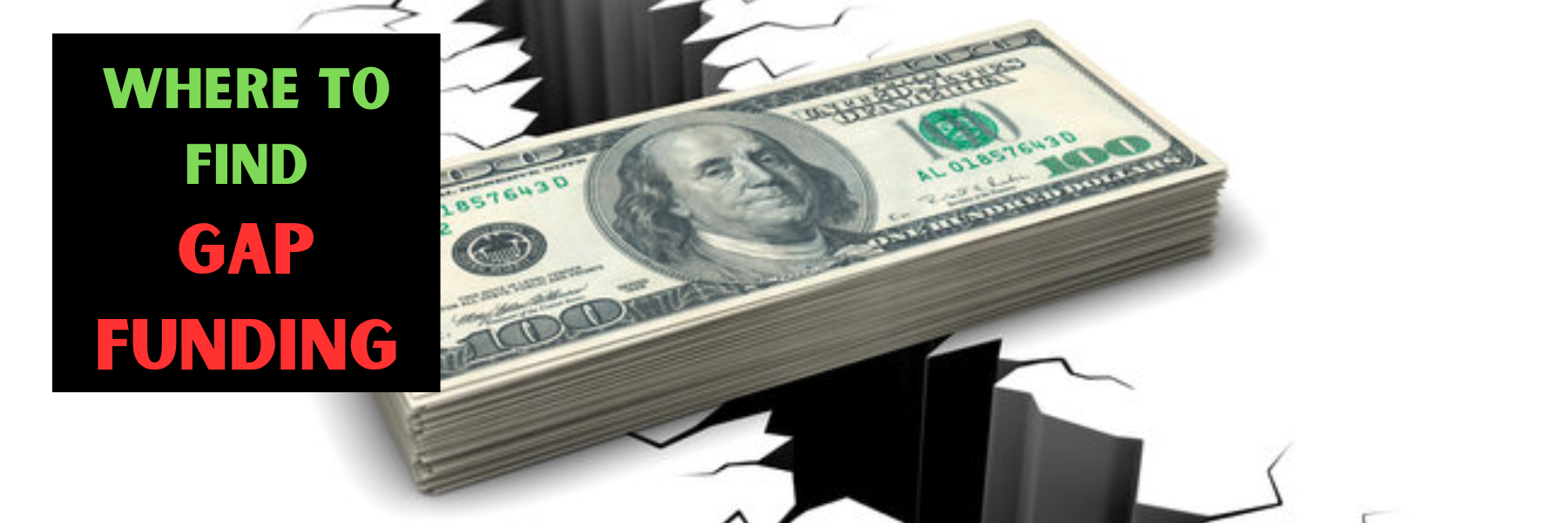What is an Interest-Only Loan?
Categories: Blog Posts
What is an Interest-Only Loan?
Are you a real estate investor looking for ways to boost your cash flow and make your investments more manageable? If so, you might want to consider an interest-only loan. These loans are becoming more popular among investors who want lower monthly payments and more flexibility with their finances.
How Does an Interest-Only Loan Work?
For the first few years (usually 5, 7, or 10 years), you only pay interest. After this period, you start paying both interest and principal. This means your payments will go up, but by then, you might be earning more rent or have other ways to cover the higher payments. Consequently, you can plan your finances better knowing when the higher payments will begin.
When is an Interest-Only Loan a Good Idea?
Interest-only loans can be great for:
- Investors wanting to improve cash flow: Lower payments mean more money in your pocket each month. Therefore, you can handle your financial obligations more easily.
- People planning to sell or refinance soon: If you plan to sell or refinance before the interest-only period ends, you can benefit from lower payments without worrying about the higher payments later. Thus, this can be a strategic move to maximize your investment.
- Short-term projects: If you’re working on a project that will increase your income soon, like renovating a property to increase rent, this can help bridge the gap. As a result, you can complete your projects without financial strain.
Example:
Let’s say you own a rental property, but your current loan payments are too high compared to your rental income. By switching to an interest-only loan, your monthly payments go down. This helps you qualify for more loans, improve cash flow, and even take out more money to invest in another property. Consequently, you can grow your investment portfolio more effectively.
Conclusion
In conclusion, interest-only loans can be a powerful tool for real estate investors. They offer better cash flow, easier loan qualification, and more flexibility with your money. If you think an interest-only loan might be right for you, talk to a lender or financial advisor to explore your options. Therefore, taking advantage of interest-only loans can help you achieve your real estate investment goals more efficiently.
Ready to explore interest-only loans further? Visit our website, TheCashFlowCompany.com, to learn more. We offer a simple inquiry form where you can share your details. Don’t worry, we don’t do hard credit pulls or make frequent calls. We’re here to provide helpful advice and see if an interest-only loan is right for you. If it works, great! If not, no pressure.
Watch our most recent video to find out more about: What is an Interest-Only Loan?










